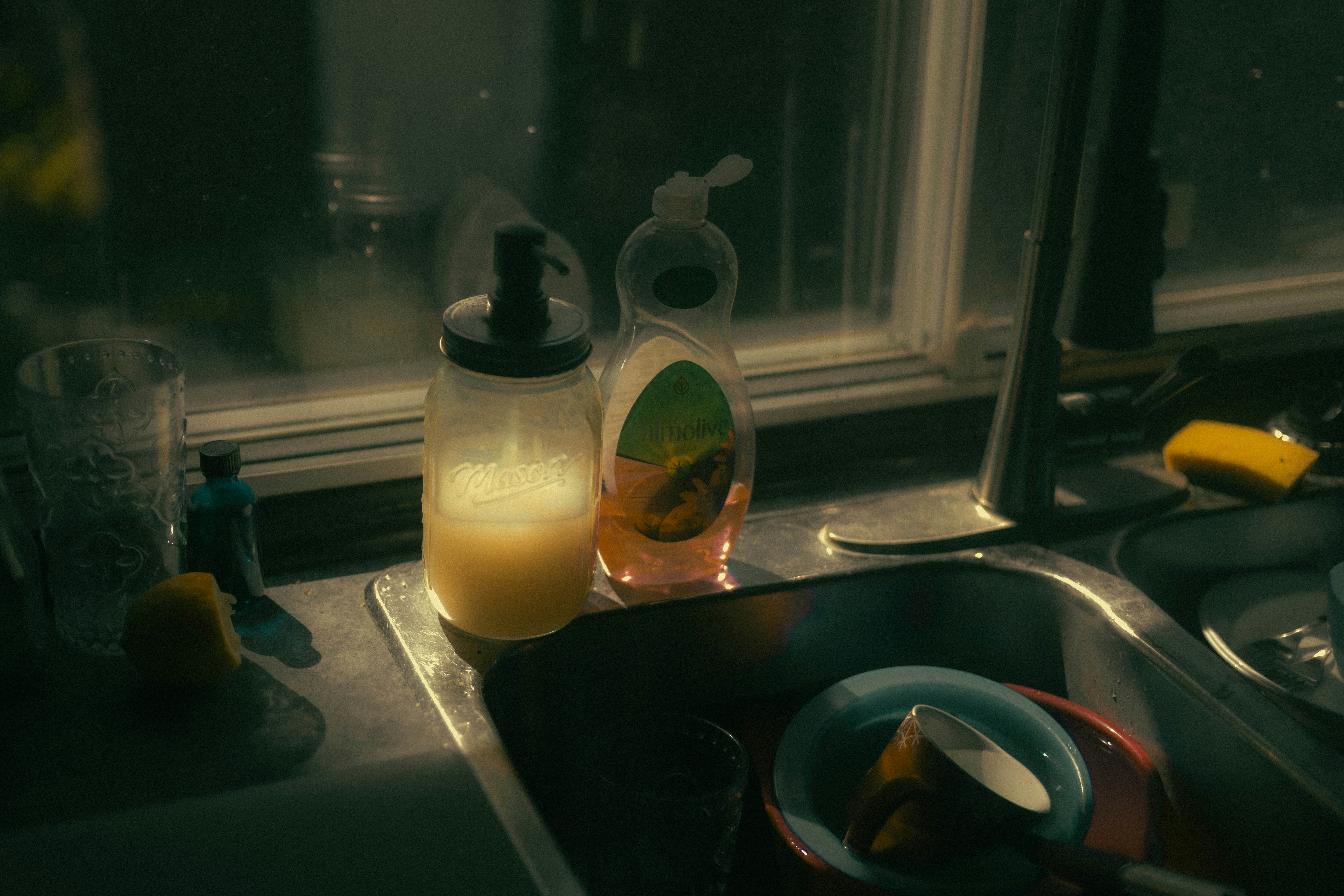We swapped stories and while we dreamed of Christmas being fun and magical for our child, we also felt like being deceptive didn’t feel right either. When I was 5, I remember after opening up all of Christmas presents, bawling. My mother asked me what was wrong and I said, “I didn’t get anything from you.” She had labeled all of my presents “To: Melissa, From: Santa”. I then remember her saying something like, “Santa helped me wrap your gifts.” And yet, I also remember being very confused because no one else but my sister had gifts from ‘Santa’ and we didn’t have a chimney. Fast forward to today. My husband and I decided we would not address the Santa thing and see how it unfolded. Her classmates in preschool have been talking about Santa and we decided to play along until she asked specific questions.
About 2 weeks ago, our daughter, who is 4, asked me if we should get Santa a present to put under the tree. I told her that he likes to give presents but that we could bake him some cookies. I breathed a sigh of relief. This whole tip toeing was causing some anxiety. A lot of words can describe me, but having a poker face would not even make the descriptive list. Last week, however, the bomb question was asked. “Is Santa real?” Ugh. I believe that if a child is old enough to ask a question, then they’re old enough to get an age appropriate answer. My husband and I spoke about St. Nicholas and how he gave toys to children many, many years ago. But today, there would not be any man coming down our chimney on Christmas Eve. We spoke about how fun it was to pretend that there was Santa, etc. And many children believe that he is real. And that that was okay for them and their house. We told her that the Santa surprise for others is for them to learn on their own and not our job to tell. After about 4 minutes into our explanation, she asked, “Mom, can I watch Odd Squad now?” And with that, my parenting philosophical meaning of life was quickly replaced with PBS.
I’m reminded as I work with individuals and couples of the need to be clear and kind when addressing the hard topics. Difficult conversations around feelings and hot buttons can be extremely awkward to talk about and full of emotions. Sometimes we tend to not say things because we don’t want to hurt our partner’s feelings and wind up hurting them and ourselves more because we did not address the situation or the hurt feelings right away. Being vulnerable with our partners, as well as with ourselves, means being open, honest and kind. Brené Brown says we need to speak our boundaries clearly and kindly and to voice our needs. Holidays can be joyful and celebratory. However, they can also be difficult and painful when dealing with a loss or death, discovering a partner’s affair, or going through a divorce or a separation. Be kind to yourself. Be honest and share your feelings. And, when needed, lean on a therapist to help guide you in discovering new directions or the same direction with a clearer windshield. There should be a safe space in your relationship to be authentic and work through the emotions you are struggling with. If not, I encourage you to reach out and allow a therapist to provide you with the tools needed to freely speak and to learn how to rely on your partner as well as to trust yourself.



